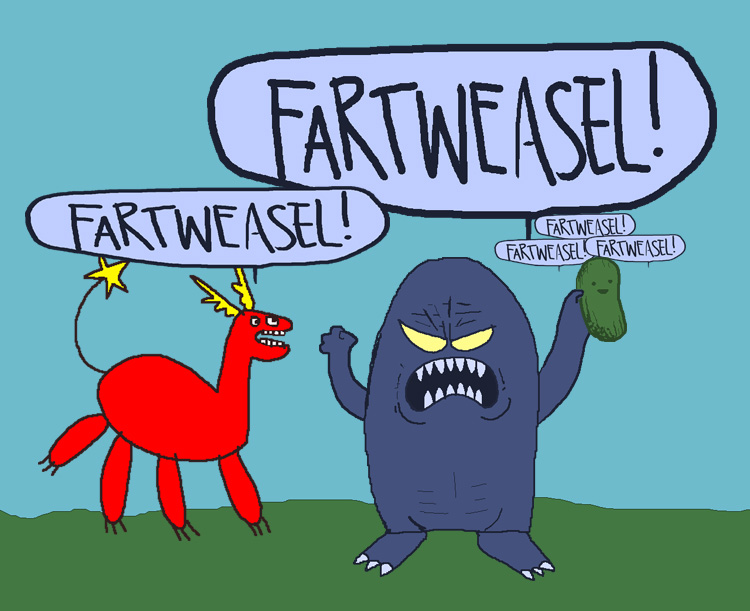I’ve had this concept in my head for a while, I’m kind of amazed it doesn’t exist yet.
I want to send a link to a music track to an app on my server, probably yt, maybe Spotify, and have that track be archived on my server, with the metadata from the service, preferably in a place Jellyfin can get at it.
There’s a few ways to do that with YT playlist links, but not with adhoc requests for individual tracks, as far as I can see.
Is this not something that exists? I’m thinking it might not be too hard to write, if it doesn’t.
Somewhat related to spotify-downloader, which takes a yt or spotify link, playlist or singular it figures it out, and retrieves the listed songs from youtube (utilizing yt-dlp libraries). This is similar and adjacent to the other tools linked in this thread.
yt-dlp can handle YouTube Music Links. Just tell it with
-x --audio-format mp3, that you don’t want the Video, but an mp3 (opus can’t be tagged). I use it to obtail whole artists, then I tag them with MusicBrainz Picard. I’m sure there is a way to automate this. yt-dlp has also a Python library. However I haven’t used it for now.An absolutely ancient tool I used to use was WinAmp (v2.x) with the Streamripper plugin. It would save out each song from a shoutcast or icecast station to a file with the artist/album/title/track like a champ. Maybe not quite what you want (won’t do youtube) but there are a ton of great indie stations on the vorbis icecast network…
opus can’t be tagged
I’m pretty sure that it supports tagging.
goes to try it out
$ yt-dlp -x https://www.youtube.com/shorts/syF8M3aeiWs >/dev/null $ opustags beep\ sound\ effect\ \[syF8M3aeiWs\].opus |grep -v ^METADATA language=eng encoder=Lavf61.7.100 title=beep sound effect date=20230316 purl=https://www.youtube.com/watch?v=syF8M3aeiWs synopsis=beep DESCRIPTION=https://www.youtube.com/watch?v=syF8M3aeiWs artist=Seth's old channel $If you mean that this MusicBrainz Picard thing doesn’t support tagging Opus, it sounds like it does:
https://community.metabrainz.org/t/musicbrainz-picard-doesnt-support-opus-files/467209
I have been having trouble tagging .opus files. Every time I try to edit .opus files I get:
(error: read b’\x1aE\xdf\xa3’, expected b’OggS’, at 0x0)
Looks like this is not a valid Ogg Opus file. Opus is just an audio codec, not a file format. Files with the file extension .opus are supposed to be inside an Ogg container, and that’s what Picard supports.
Your’s seems to be a Matroska file, and Picard does not support Matroska files yet.
And looking at the output of
yt-dlp -x, it looks like it’s Opus in an Ogg container:$ file beep\ sound\ effect\ \[syF8M3aeiWs\].opus beep sound effect [syF8M3aeiWs].opus: Ogg data, Opus audio, version 0.1, stereo, 48000 Hz (Input Sample Rate) $EDIT: Note that my
~/.config/yt-dlp/configfile is:--embed-subs --write-auto-subs --embed-metadata --embed-chapters --embed-thumbnail --sponsorblock-mark=allIt may be that one needs
--embed-metadataon theyt-dlpcommand-line if one isn’t setting it in theiryt-dlpconfig file to get the above tags; it might be that none normally get set.Awesome! I just learned something today. Thanks for pointing it out so detailed!
I don’t totally understand your request. Maybe, do you refer to something like https://odesli.co/ that can generate a kind of “universarl url” for songs in streaming services. isn’t it?
You can mark single tracks in Lidarr if you want to go the Usenet/torrent route.
https://github.com/alexta69/metube
This is doing enough of what I wanted for now…





